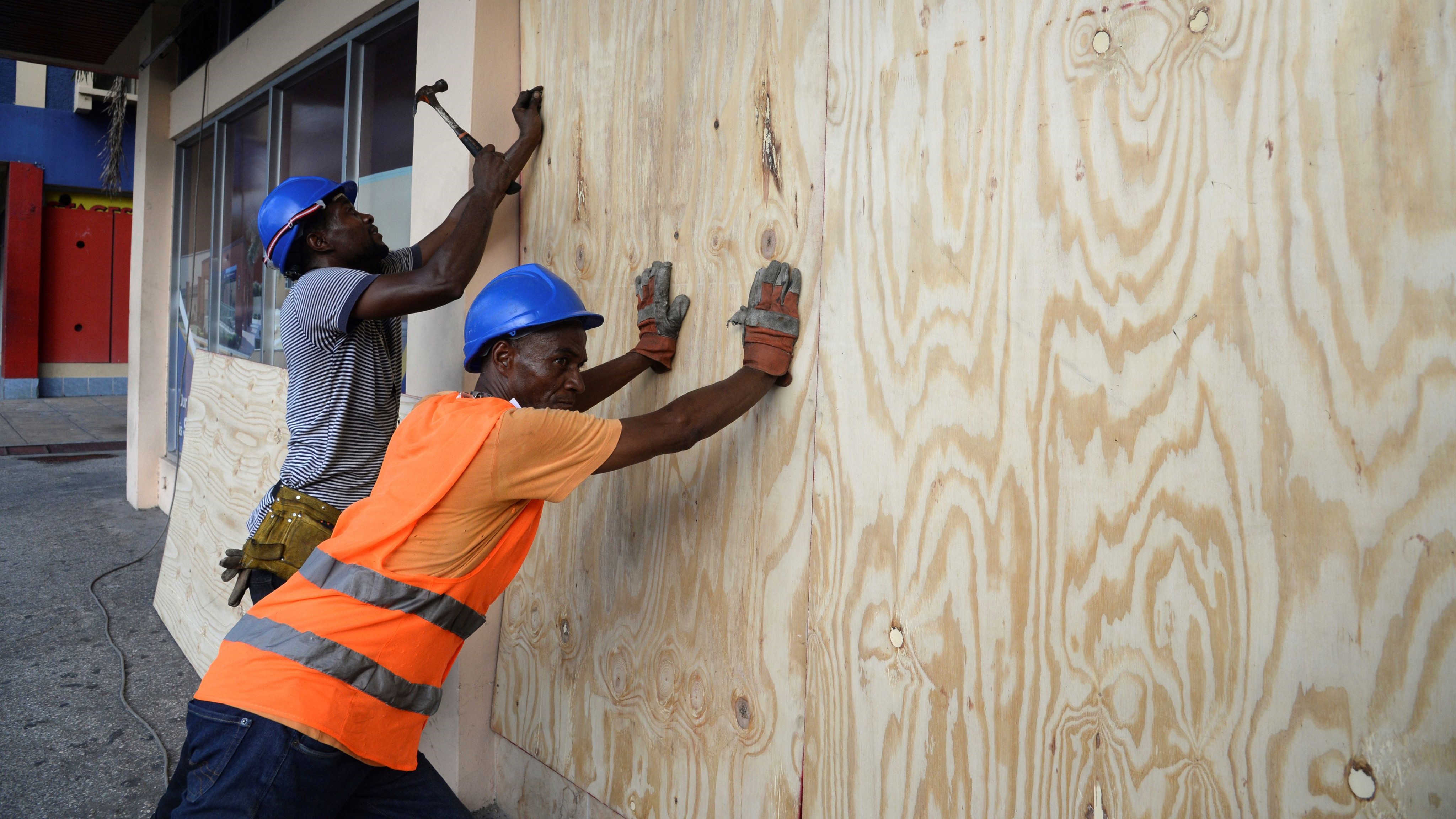
The Miracle of Jamaica: How Effective Policymaking and Political Stability Drove Economic Growth, But What Comes Next?
Jamaica’s recent economic growth has been attributed to effective policymaking and a supportive political environment by some, while others see it as a miracle. However, the country’s rapid growth could also have come at the expense of preparing for the effects of climate change, which continues to pose risks to important sectors like agriculture and tourism.
Jamaica faced financial challenges throughout the 1970s, with successive governments running chronic budget deficits. External events such as the 1973 oil price shock caused a recession and devaluation, leading to increased borrowing for critical imports. By the 1980s, debt service payments exceeded exports, requiring Jamaica to seek bailout loans from the IMF and World Bank. These loans came with harsh austerity measures, including cuts in public sector employment and public investment. Despite years of austerity, Jamaica’s economy continued to struggle, with growth rates steadily declining. Government debt reached alarming levels by 2012 and youth unemployment was high, leading to concerns about the nation’s viability as a state. Finance Minister Peter Phillips warned in 2013 about the survival of Jamaica as a viable nation-state if drastic measures were not taken.